Learning Community
Active Learning
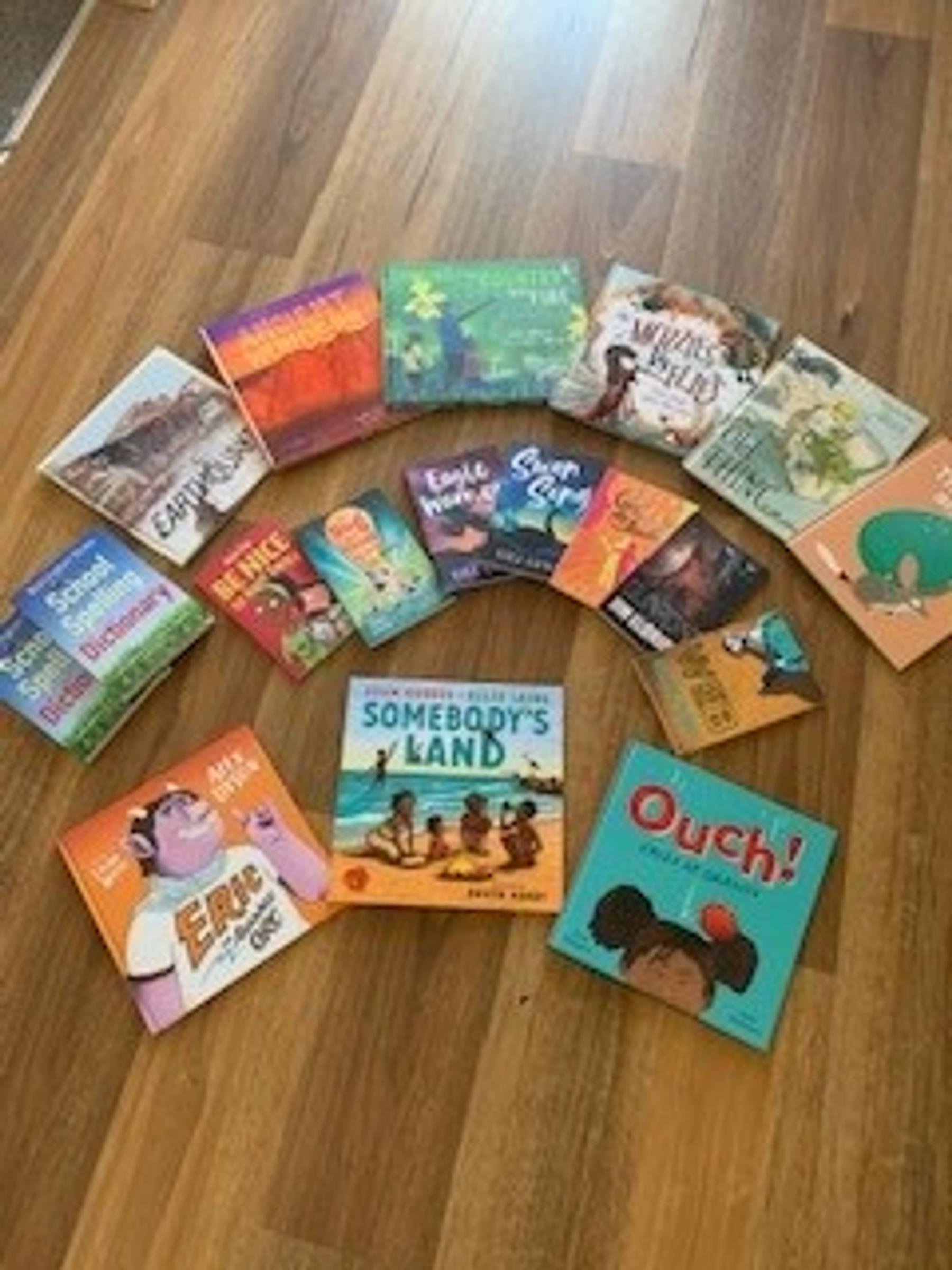
Learning Community
Active Learning
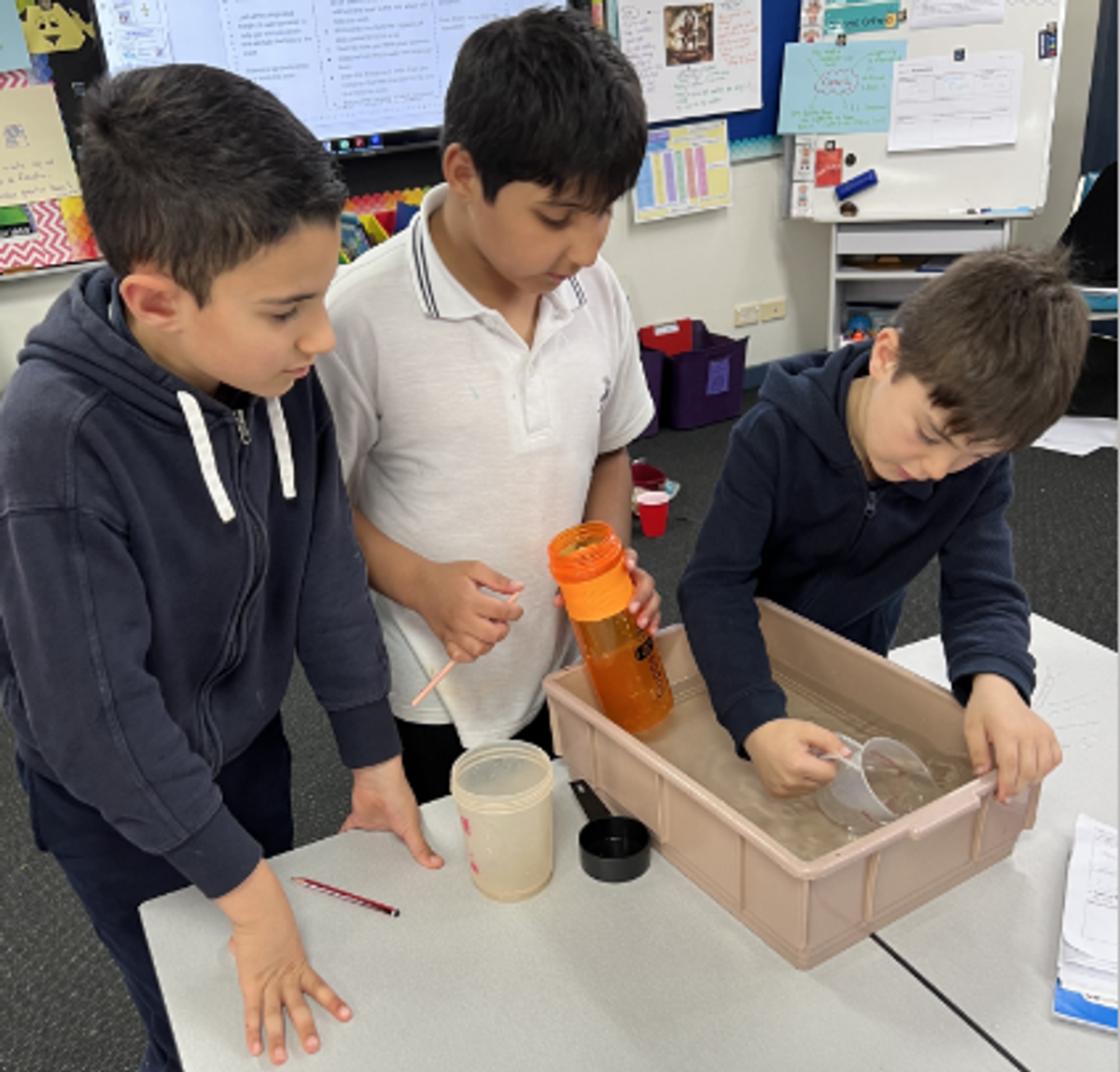

This term we enjoyed working in groups to explore capacity. We learnt how to estimate, measure, order and compare objects using millilitres and litres.
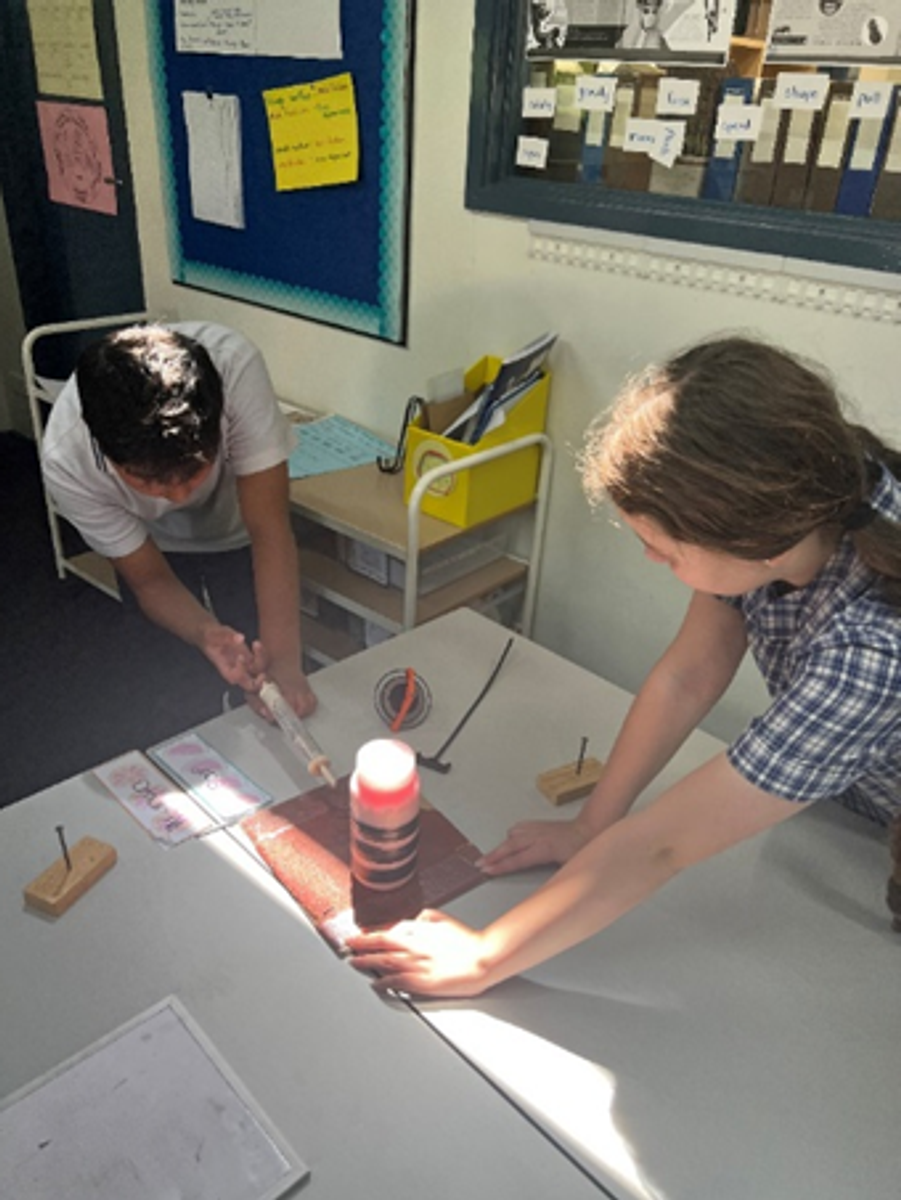

We were extremely fortunate to have Scarlett from Mad About Science come to our school to teach us about how things move and why. We learnt about push, pull, gravity and friction through many hands on experiments.
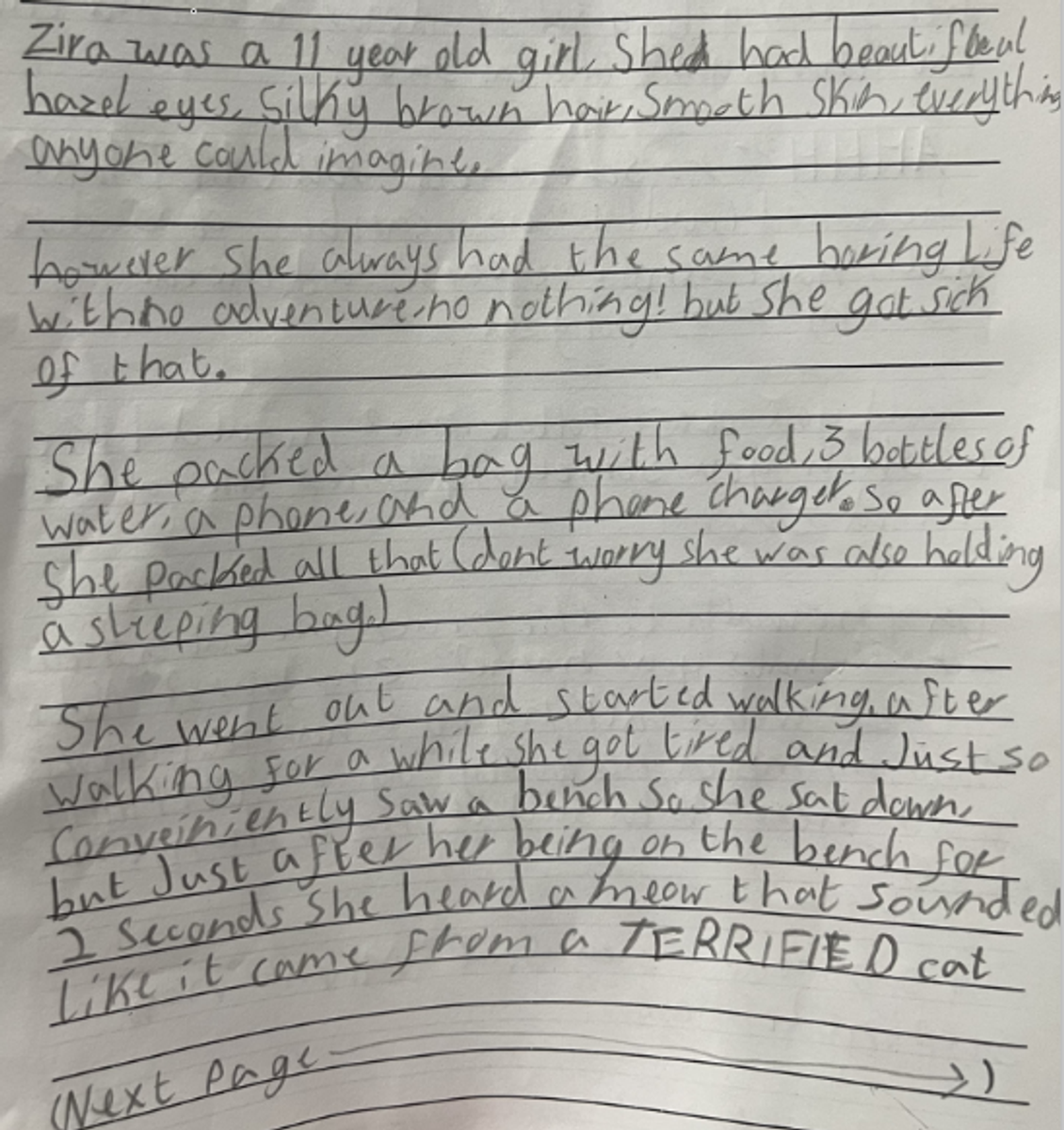

In Literacy, we have been reading and writing fantasy texts. We have really enjoyed creating unique characters for our own fantasies and learning different ways to plan before writing.
What are the Zones of Regulation? The Zones of Regulation are used to help students identify and talk about their emotions. The Zones also support students in developing strategies to calm themselves or ‘flip it’ to get back into the green zone. The poster below is a fantastic visual aid that we use with our students to help them learn how to self-regulate. Feel free to use this resource at home, the following questions will support you in using The Zones of Regulation:
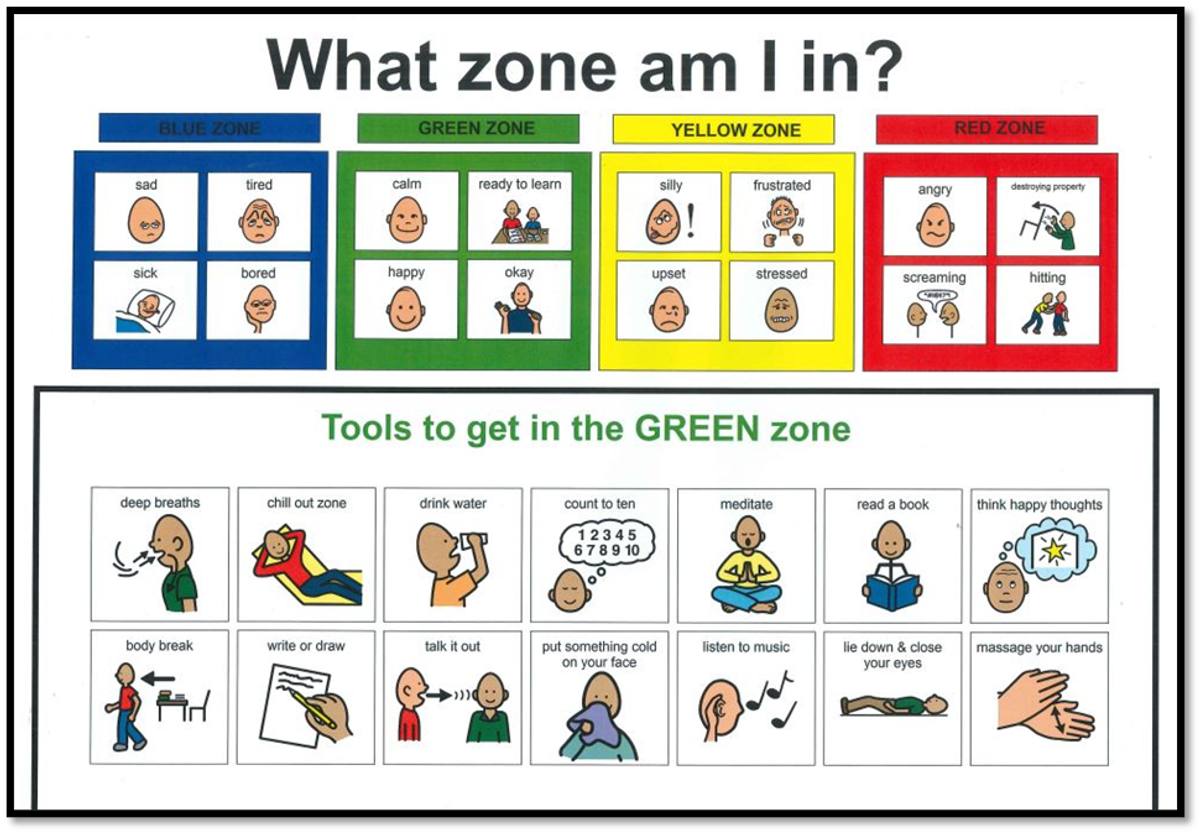

This term, our Senior Community participated in a ‘Bully Zero’ workshop with a focus on staying safe online. During the workshop, students had the opportunity to engage with their peers to identify cyber-bullying and develop strategies that they can use to support them if they encounter it. Next year, all students will participate in Bully Zero workshops where they will learn about the different types of bullying, identify strategies to address it and learn how to be an upstander.
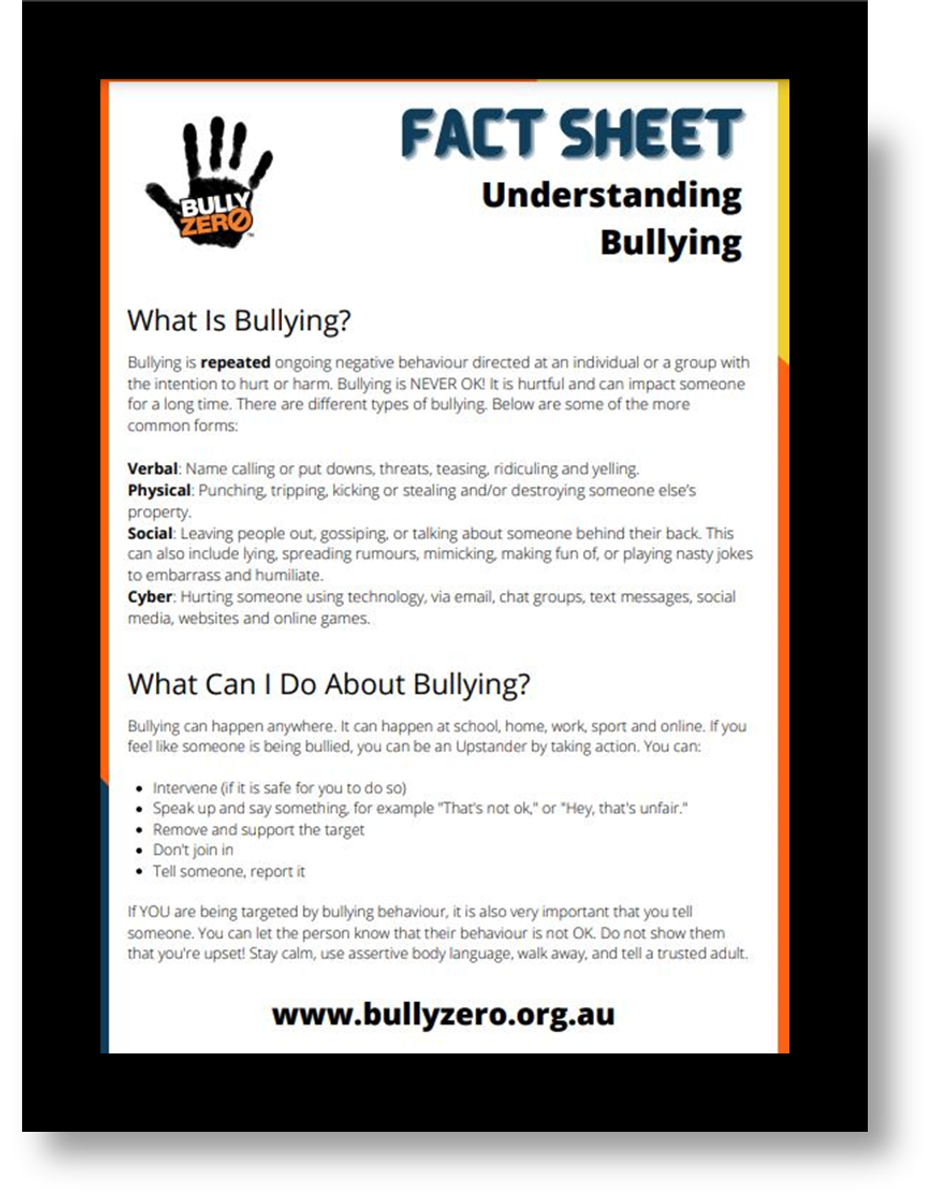

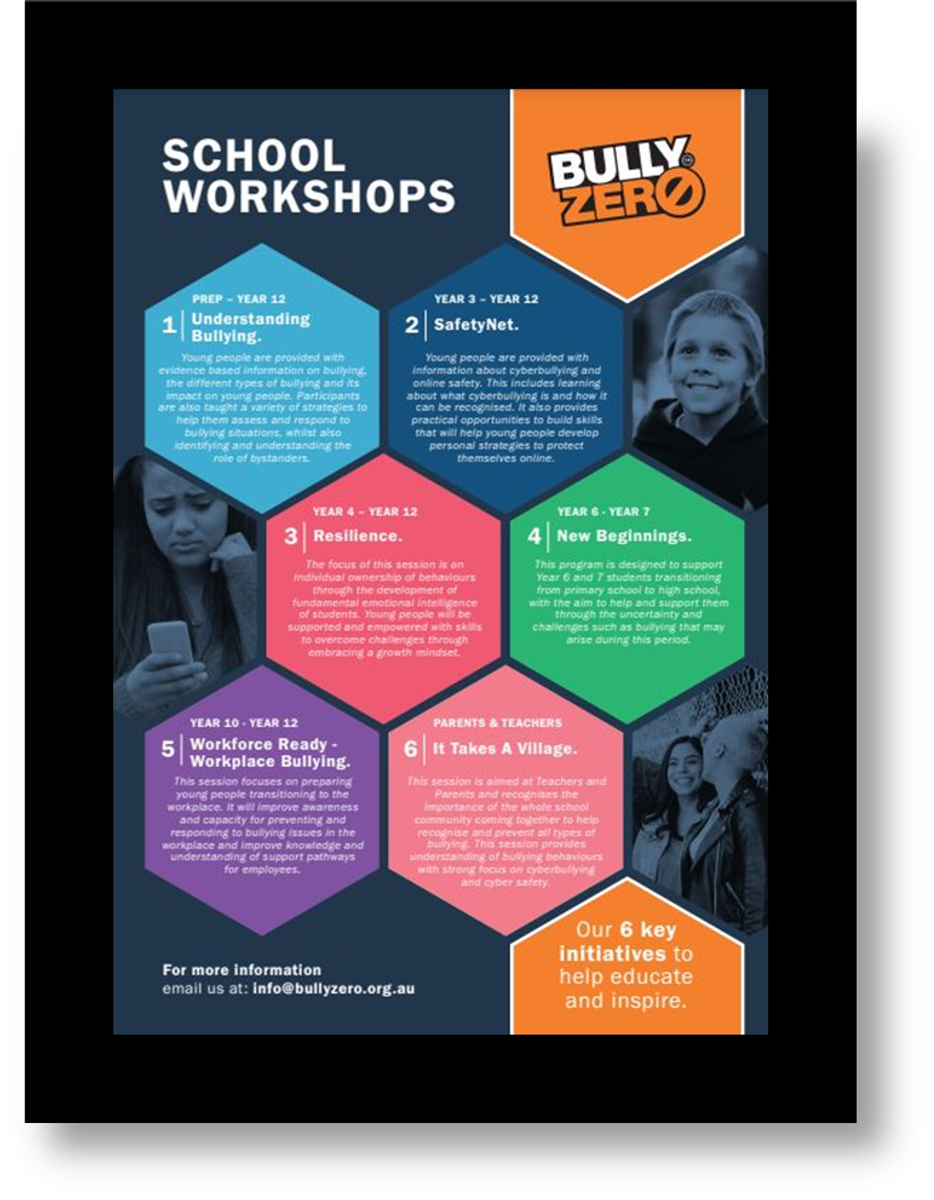

Working memory allows us to hold information in our mind and then use it to complete tasks. It also helps us improve our ability to concentrate and follow instructions. Supporting our children in developing a working memory is an invaluable skill that will benefit their learning through life. Here are some ways you can support your child in developing a working memory: